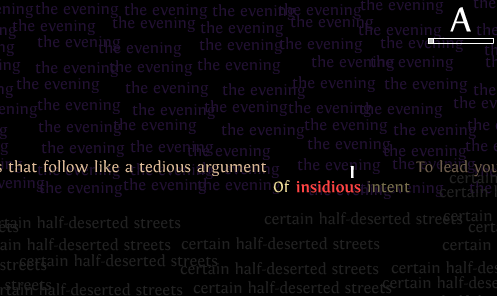Reimagineering

Luis and Gay Tony in GTA IV: Ballad of Gay Tony
Last week, the second and final installment of the Episodes of Liberty City downloadable content for Grand Theft Auto IV, The Ballad of Gay Tony, was released. Unlike the more sullen story of Nico Bellic, clawing his way up from nothing, Gay Tony’s Luis begins with a crisp suit, good job, plenty of cash and all sorts of expensive items to wreak havoc throughout Liberty City. What marks out GTA IV’s DLC from a simple mission pack or extra campaign is that it offers the chance to experience Liberty City from a new perspective, reimagining the gameplay, and thus, the game, in the process.



 Tale of Tales
Tale of Tales













